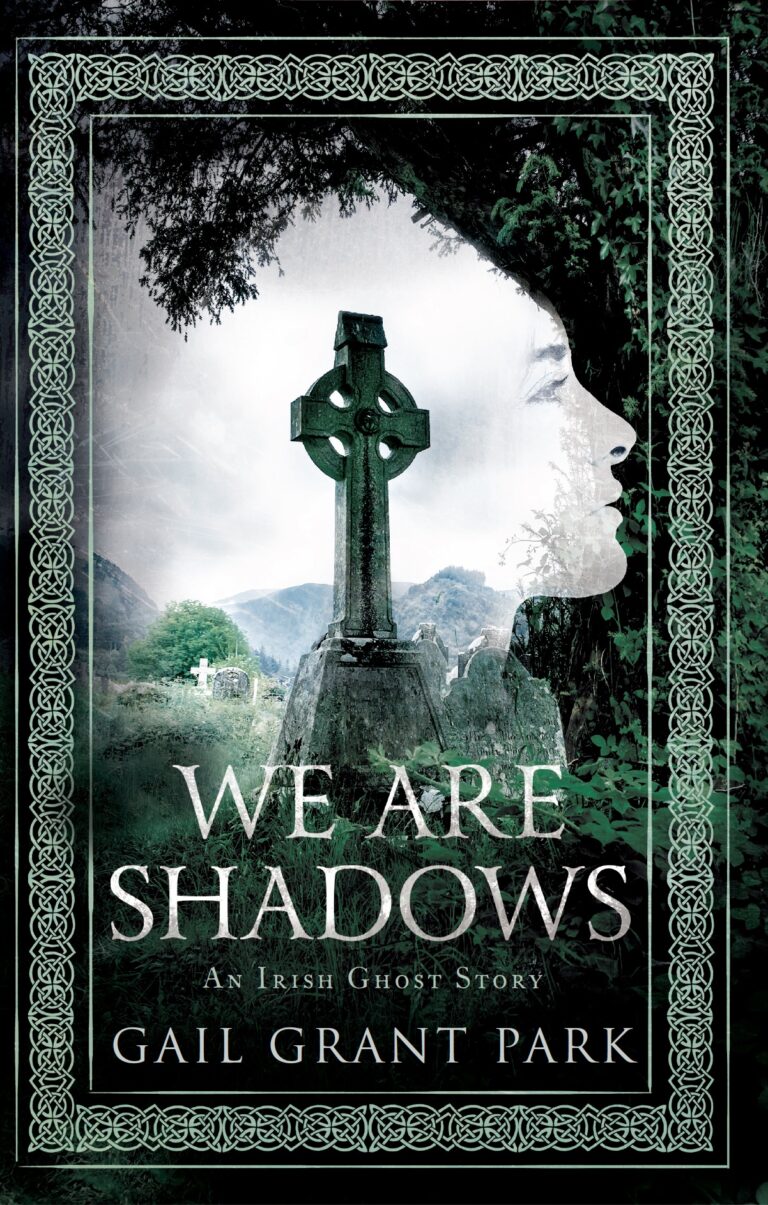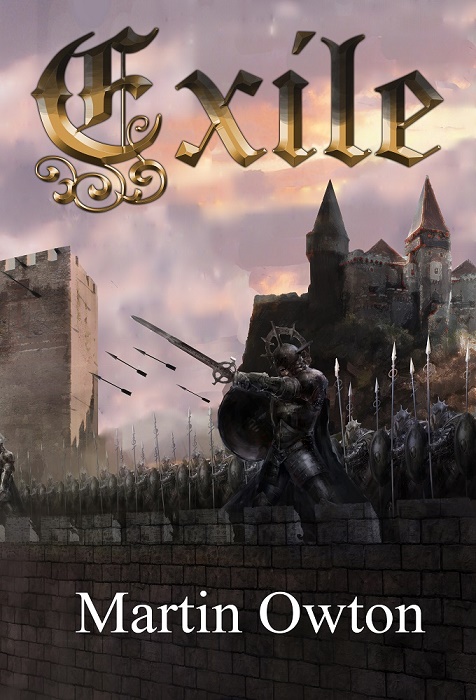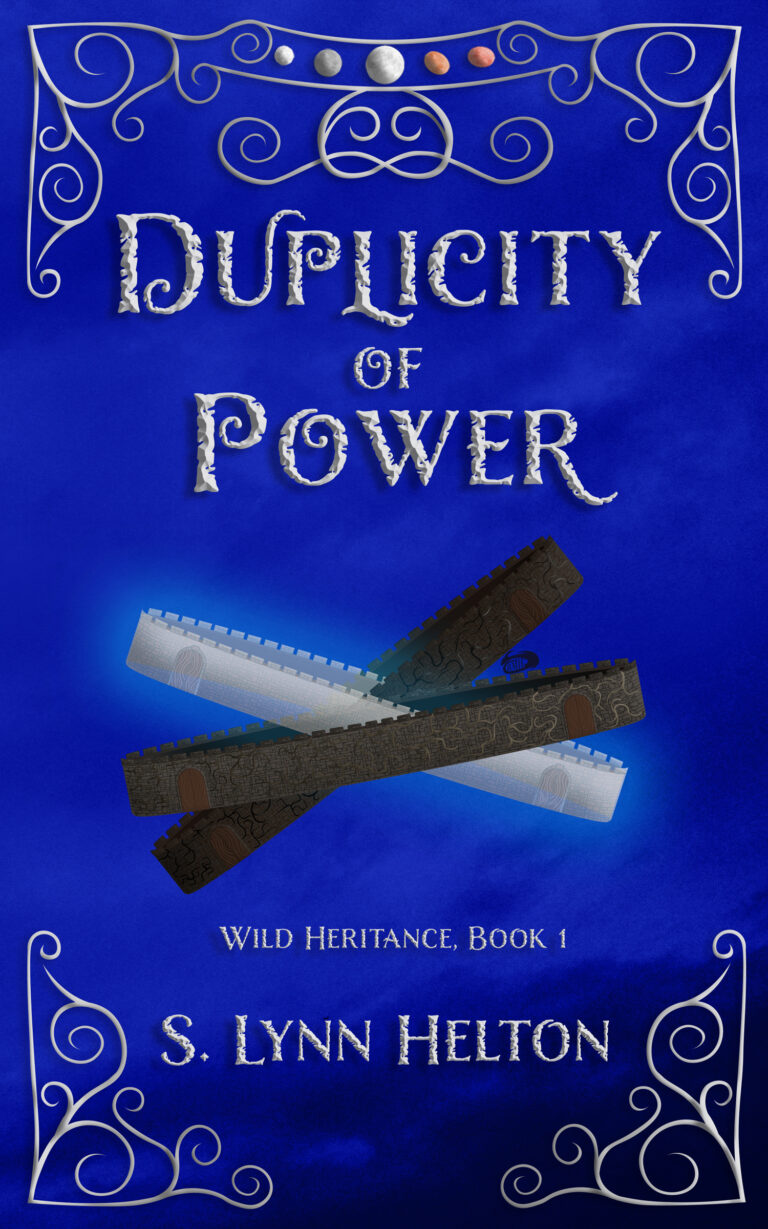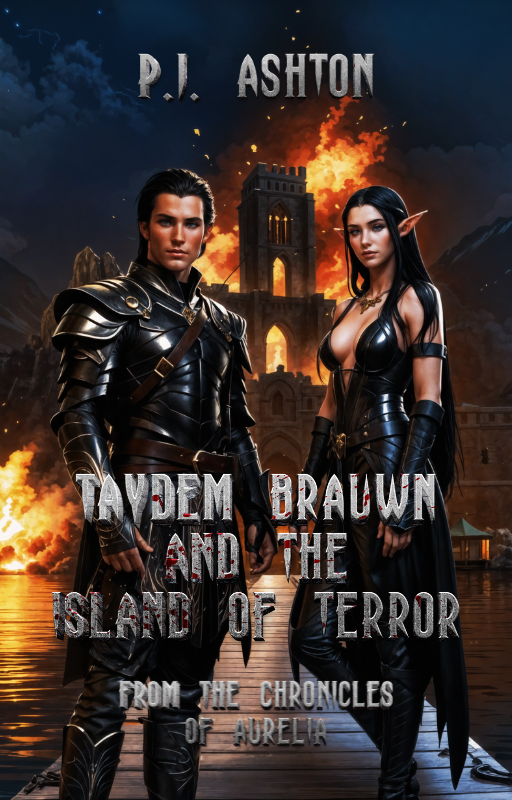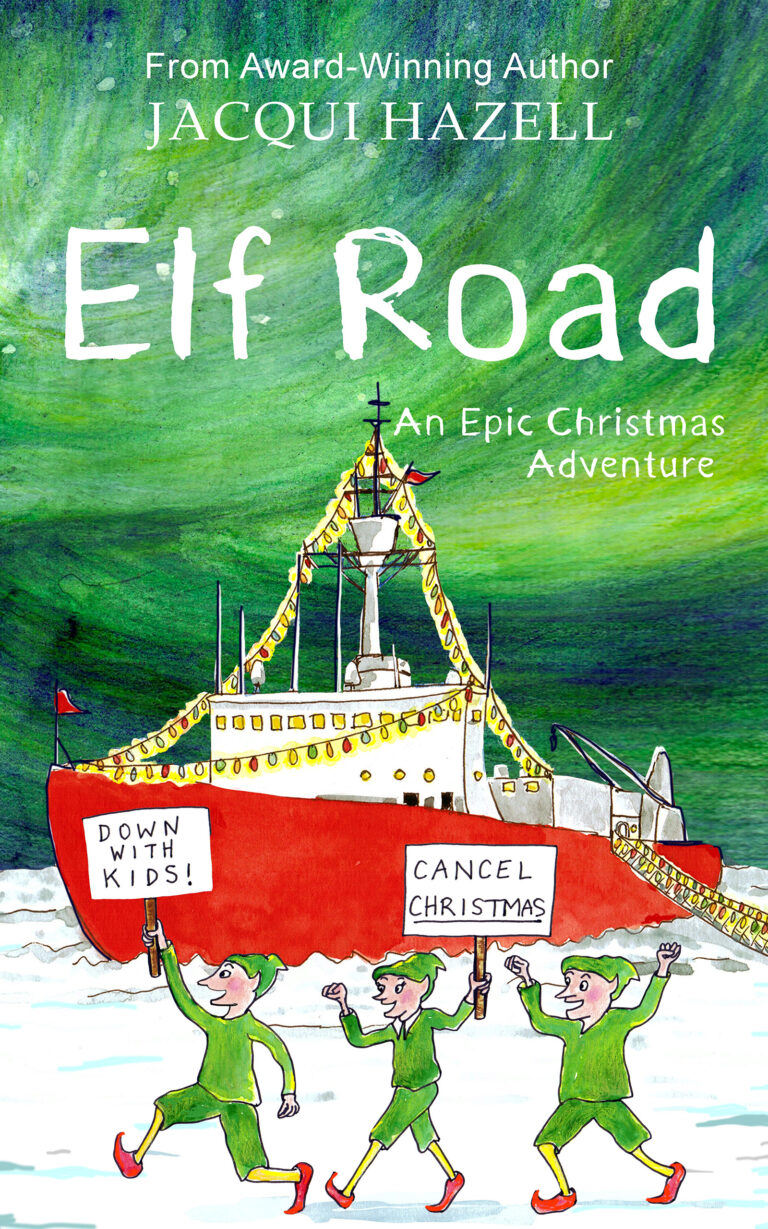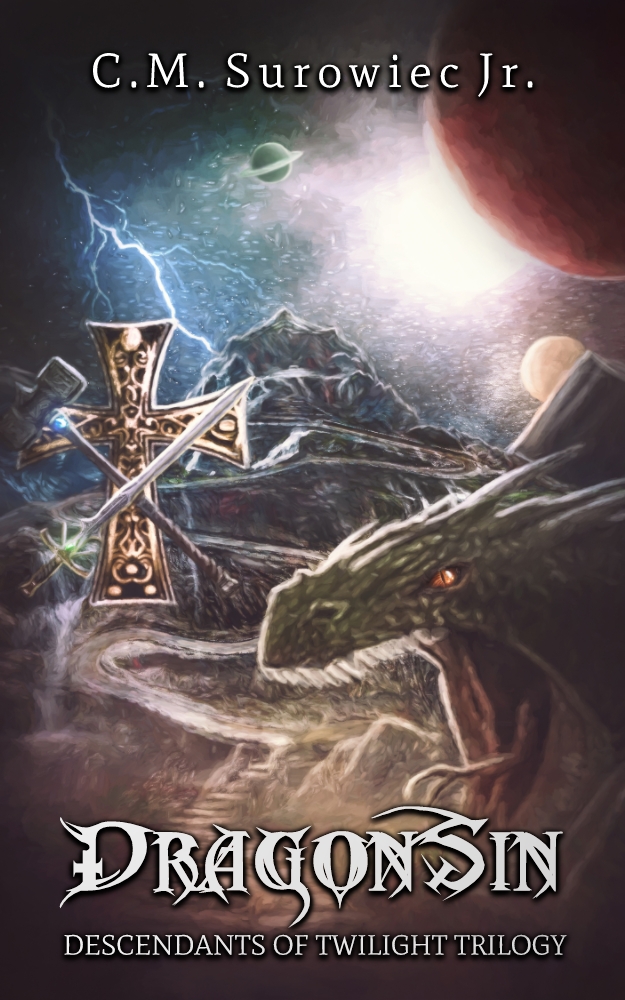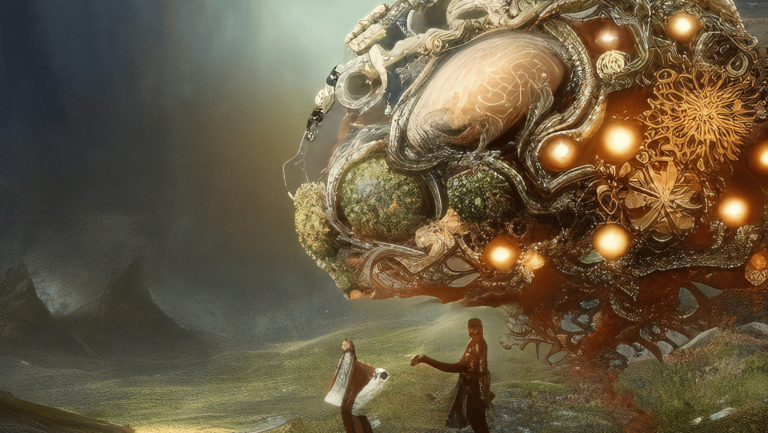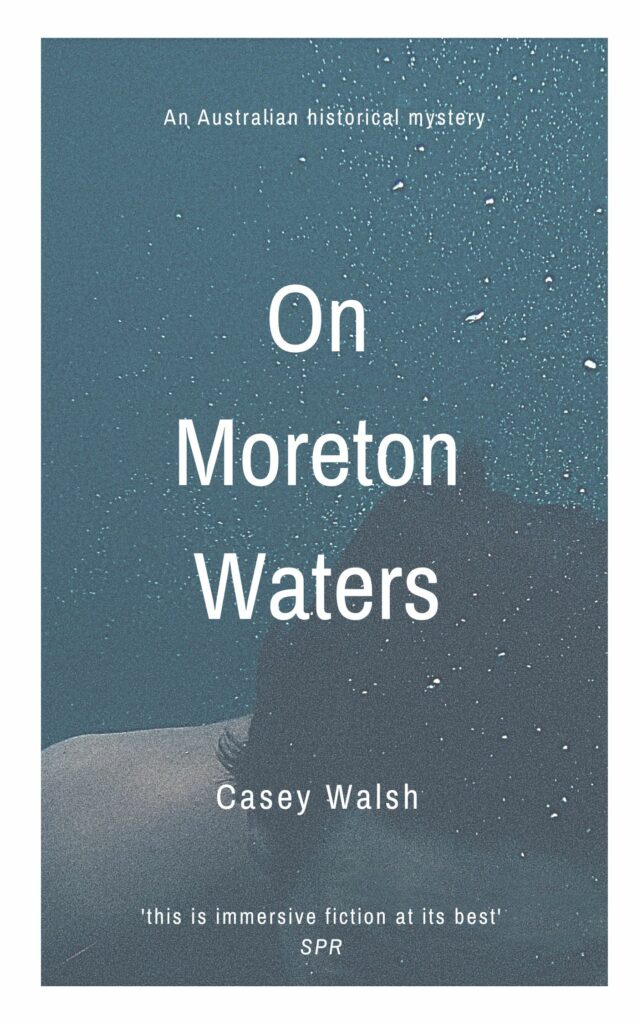
- Long, with fantastic characterizations, Walsh's novel serves up parallel stories separated by a century, awash with humanity and precision.
On Moreton Waters
Set across two distinct time periods in Australia, separated by over a century, Walsh’s “On Moreton Waters” is a lengthy social drama that follows Willa McPhee’s investigation into her family’s past and the mysterious death of a relative. It intricately parallels the two periods, seamlessly jumping back and forth, unraveling the mystery from both the present and the past.
The prologue is impeccable; it thrusts readers into a high-energy situation, skillfully driving home the core event that underpins the entire novel. Readers are immediately intrigued by what happened and why, as both the violence and terror surrounding it are vividly portrayed.
Walsh’s interest in the characters and the places they inhabit is palpable; considerable care is evident in the dialogues, characterizations, and the depiction of the different environments between the two time periods. The portrayal of both modern and old Australia feels authentic, from the regional grass to the modernization of an old town.
A somewhat significant but technical drawback is the frequent switching of tenses. The novel regularly shifts between past and present tense, even within the same chapter, without apparent artistic merit. It feels accidental and serves to disorient the reader uncomfortably. Additionally, there are periodic issues with commas and other punctuation.
However, these drawbacks are technical in nature. If rectified, they would provide a solid foundation for Walsh to effectively convey the story of our protagonist and her investigation into her family’s past.

By day, Walsh is an accounting professional, and by night, she is a novelist residing on the Great Dividing Range in southern Queensland, Australia.

